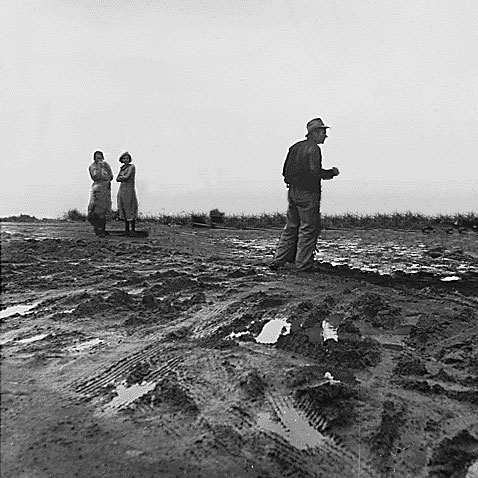Understanding fields of consciousness
A culture, a country, a race, a religion, they all have a shared field of consciousness. Nations have a character. People of a particular nationality usually have a recognizable basic mood, a set of basic attitudes, a certain look at life. This is a collective part of their consciousness. That collective part forms a field, it is like a radio station that the members of that field are tuned in to.
Also each family has a field of consciousness that is shared by the family members. Therefore, as a facilitator or therapist we need to understand the following about fields of consciousness.
Fields of consciousness have specific blindness
In any field of consciousness certain parts of reality cannot be seen. Certain facts that seem obvious to outsiders can be completely invisible and unnoticed by those who participate in the field. This is often clearly so for members of a religious sect. But this does not only apply to extreme cases like sects with brainwashed members. Any society, any culture, any country has a specific way of seeing reality and is blind for parts of the reality of other cultures and countries.
Fields of consciousness can pull you in
There is the well-known phenomenon of anthropologists going native. That is, anthropologists who let go of their Western identity and join a primitive tribe and become a full member of that tribe, sharing their lives, their perspectives, their way of perceiving reality, their beliefs and convictions. Over time the original perspective is completely lost. It is like their "radio" is now only tuned in to the station of the tribe and cannot tune in to the Western station any more. The difference with a psychosis is, that in a psychosis the "radio" does not tune in to any "station" any more, i.e., it is not connected to any shared reality any more.
We know that religious sects can pull people in, in the same way as anthropologists are pulled in. Sect members eventually share all the beliefs and convictions of the sect. They lose perspective and they do not perceive the world any more in the way outsiders do.
You can be pulled into the field of the family of the client
When you are pulled into the field of the client (and their family), you lose perspective and begin to suffer from the same specific blindness that the client has. You will experience the same powerlessness, hopelessness, inadequacy, weakness and maybe the same feelings of depression as the client. If the client sees no way out of their difficulties, than you also don't see that any more either. In other words: you cannot help the client any more. Bert Hellinger calls this ironically: "Being in a therapeutic relationship," because in psychotherapy training you are encouraged to engage in a deep empathic relationship with the client — and they call that a good therapeutic relationship. But this deeply empathic contact is exactly what may make you lose perspective.
It is not sufficient to understand fields of consciousness and their possible effects. We need to develop advanced skills to recognize the effects of these field on ourselves when we work with a client, and what we then need to do to regain our objectivity. These skills will be taught in the Intermediate and Advanced Training.
home ▸ training program ▸ knowledge ▸ fields of consciousness
